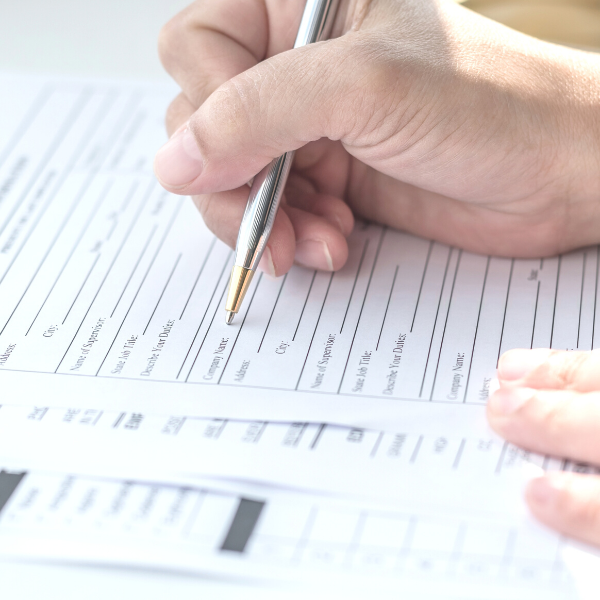Last week, Congress passed the CARES Act in an effort to help stimulate the economy due to the devastating effects of COVID-19. Most coverage of the CARES Act has focused on the Paycheck Protection Program that offers forgivable loans to small businesses through the Small Business Administration (“SBA”), however, the Act also includes some notable changes to the existing SBA Economic Injury Disaster Loan (“EIDL”) program. The EIDL program has traditionally been used by the SBA to provide small businesses with low-interest loans in the aftermath of a “declared disaster”. Because COVID-19 is now recognized as a “declared disaster”, the CARES Act changes to the EIDL program are worth highlighting for small businesses that want to explore all the available COVID-19 loan assistance options.
Expanded Eligibility
In addition to small business concerns, small agricultural cooperatives, and private non-profit organizations, the following entities are now eligible to receive an EIDL through December 31, 2022:
- Any business with not more than 500 employees;
- Any individual who operates under a sole proprietorship, with or without employees, or as an independent contractor;
- A cooperative with not more than 500 employees;
- An Employee Stock Ownership Plan (“ESOP”) with not more than 500 employees; or
- A tribal small business concern with not more than 500 employees.
Rules Waiver
To further accommodate the many businesses affected by COVID-19, the SBA relaxed some of its EIDL specific requirements. Among the requirements waived pursuant to the CARES Act is the requirement that an applicant must have been in business for 1-year preceding the COVID-19 “disaster”, except that no waiver may be made for a business that was not in operation on January 31, 2020. Not only that, but applicants are no longer required to demonstrate the inability to obtain credit elsewhere, and the SBA may approve an applicant based solely on its credit score.
Loan Advances
An eligible entity may request an advance of not more than $10,000 when applying for an EIDL. An applicant that requests such an advance must self-certify under penalty of perjury that they are in fact an eligible entity. Advances may be used to address any allowable purpose for an EIDL, including, maintaining payroll, making rent or mortgage payments, and repaying obligations that cannot be met due to revenue losses, among others. Most importantly, there is no requirement that an applicant repay any amount of an advance, even if they are subsequently denied an EIDL. However, if an applicant receives an EIDL advance, and is later approved for the SBA Paycheck Protection Program, the advance amount will be reduced from loan forgiveness amount under the Paycheck Protection Program.
The attorneys at McCarthy Lebit remain available to discuss any questions or needs that your business may have. We are continuing to stay apprised of COVID-19 developments and will continue to update our materials accordingly.
Author
-

Adam L. Glassman
Adam Glassman is an Associate at McCarthy Lebit with a diverse practice that incorporates both transactional and business litigation matters. Learn more about Adam and his practice.

